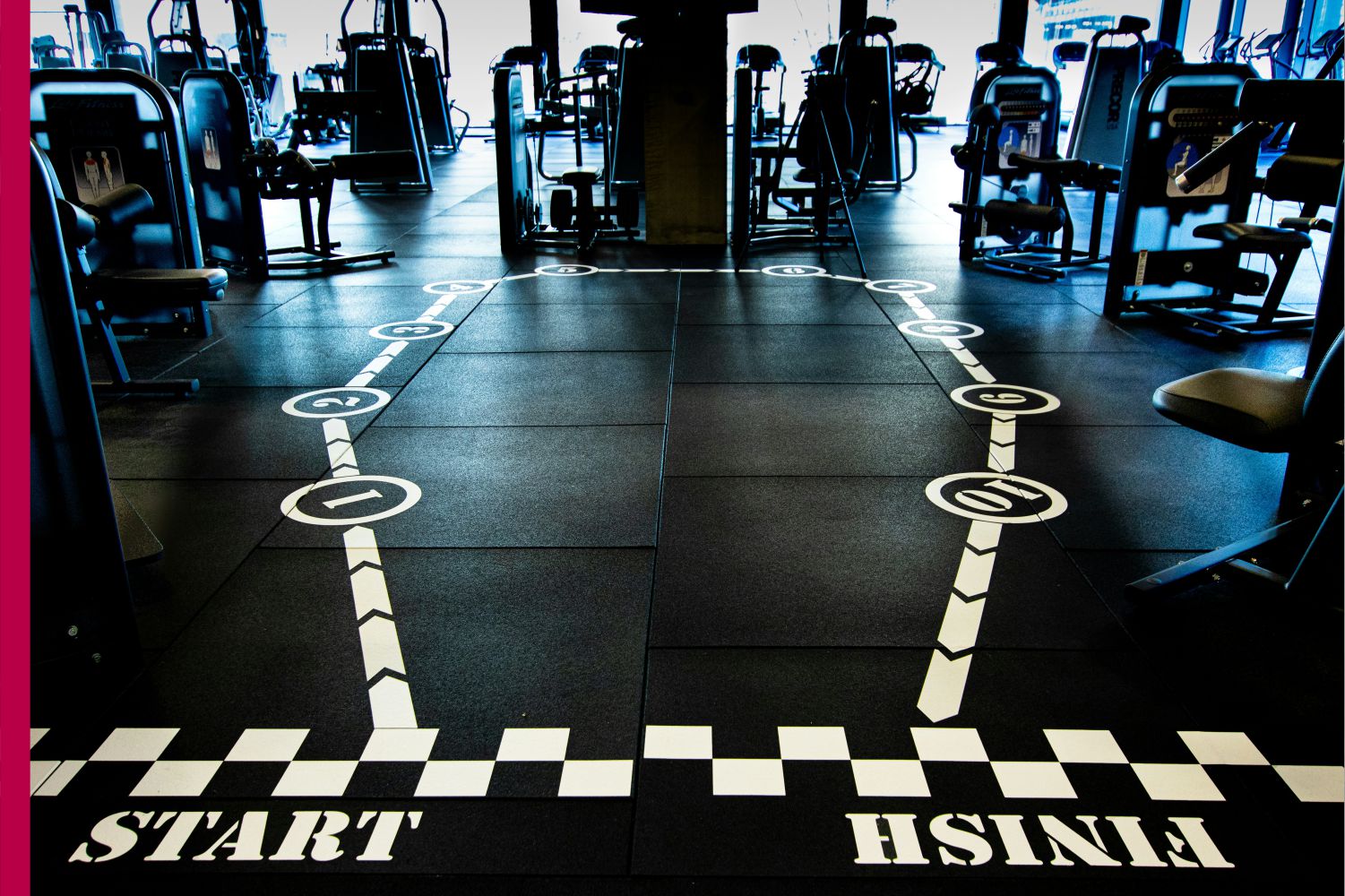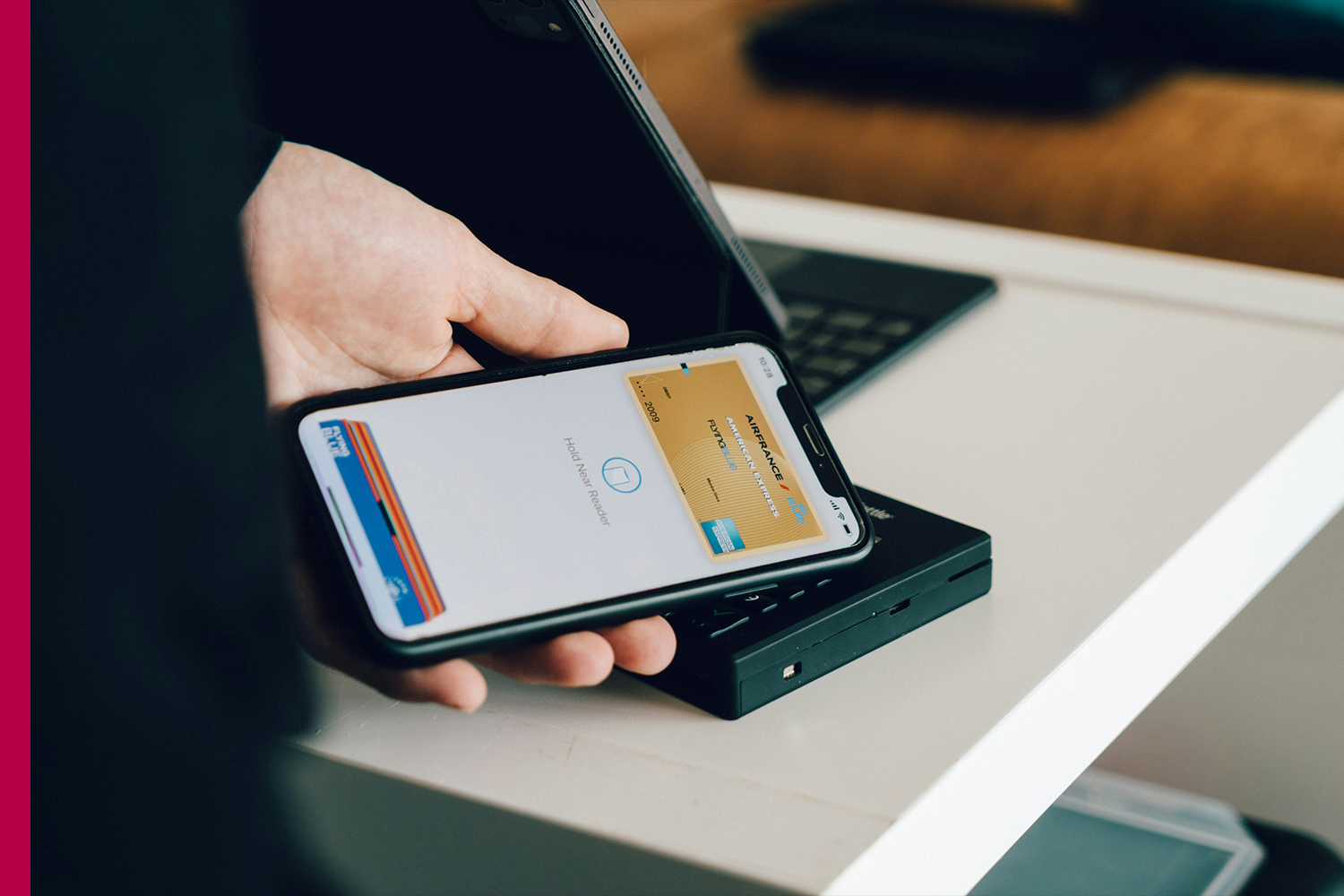Inflation is one of those economic terms that may seem distant, but its effects are felt in our daily lives—every time we shop for groceries, pay bills, or plan for the future. Simply put, inflation is the sustained rise in the prices of goods and services over time. While moderate inflation is a natural part of growing economies, high or persistent inflation can significantly affect personal finance. From savings and investments to debt and retirement, inflation influences almost every aspect of money management. In this blog, we’ll explore the impact of inflation on personal finance and practical ways to navigate its challenges.
Reduced Purchasing Power
The most direct effect of inflation is the erosion of purchasing power. As prices rise, the same amount of money buys fewer goods and services. For example, if inflation is 6%, something that costs ₹100 today will cost ₹106 next year. Over time, this compounds and can drastically reduce your standard of living if income doesn’t grow at the same pace. This is why households often feel like their salaries “don’t stretch as far” during inflationary periods.
Impact on Savings
Savings kept in traditional accounts are particularly vulnerable to inflation.
Low-Interest Savings Accounts: If your bank savings account earns 3% interest but inflation is 6%, your real return is negative (-3%).
Fixed Deposits (FDs): While considered safe, FDs may not always keep pace with rising inflation, reducing their real value. This makes it essential to look for inflation-beating investment options rather than relying solely on savings accounts.
Effect on Borrowing and Debt
Interestingly, inflation has a mixed impact on debt. Fixed-Rate Loans: Borrowers benefit since the value of money owed decreases over time. For instance, if you took a home loan with a fixed EMI, inflation reduces the “real cost” of repayment.
Variable-Rate Loans: On the other hand, if interest rates rise with inflation, variable-rate loans (like credit cards or adjustable-rate mortgages) become more expensive. This makes loan management a critical part of personal finance during inflationary cycles.
Rising Cost of Living
Inflation directly raises the cost of essentials like food, fuel, healthcare, and education.
Household Budgets: Families often have to cut back on discretionary spending to manage higher living costs.
Lifestyle Goals: Saving for vacations, luxury purchases, or hobbies becomes harder.
This squeeze on disposable income forces people to rethink spending priorities and often impacts quality of life.
Impact on Investments
Inflation has varying effects on different investment types:
Equities (Stocks): In the long run, stocks often provide inflation-beating returns, but in the short term, high inflation can hurt corporate profits and stock market performance.
Bonds and Fixed-Income Assets: Bonds lose value during inflation because their fixed interest payments become less attractive compared to rising prices.
Real Estate: Property often appreciates in value during inflation, making it a strong hedge.
Commodities and Gold: These tend to perform well during inflationary times as investors seek safe-haven assets. Diversifying your portfolio is key to minimizing inflation risk.
Retirement Planning Challenges
Inflation is particularly dangerous for retirement planning. If you plan to retire in 20–30 years, the expenses you budget for today will likely be several times higher in the future. For example, an expense of ₹50,000 per month today could rise to over ₹1,60, 000 in 25 years at a 5% inflation rate. Without accounting for inflation, retirement savings may fall drastically short of sustaining your lifestyle. This highlights the need to: Invest in inflation-beating instruments like equities. Regularly increase retirement contributions. Use retirement calculators that factor in inflation.
Wage Growth vs Inflation
For individuals, wage growth plays a critical role in managing inflation. If salaries rise in line with or above inflation, the impact is less severe. However, in many cases, wages lag behind, leaving households struggling to maintain their living standards .Negotiating salary increases, up skilling to secure higher-paying jobs, and exploring side incomes can help offset inflation’s impact.
Practical Strategies to Tackle Inflation
Here are some smart ways to protect your personal finances against inflation:
Budget Adjustments: Track expenses carefully and cut down on non-essential spending.
Emergency Fund: Maintain a buffer of 3–6 months’ expenses to deal with sudden price surges.
Invest in Inflation-Hedged Assets: Consider equities, real estate, gold, or inflation-indexed bonds.
Review Loans: Refinance high-interest or variable-rate loans if possible.
Skill Development: Invest in yourself to increase earning potential.
Being proactive rather than reactive makes it easier to withstand inflation’s financial pressure.
Conclusion
Inflation is an inevitable part of economic life, but its impact on personal finance can be profound. It reduces purchasing power, erodes savings, raises living costs, and complicates long-term planning. At the same time, it presents opportunities for smart borrowers and savvy investors. The key lies in preparation: adjusting budgets, choosing the right investments, and planning for long-term goals with inflation in mind. By staying financially agile, individuals can not only shield themselves from inflation’s adverse effects but also turn challenges into opportunities for growth.












